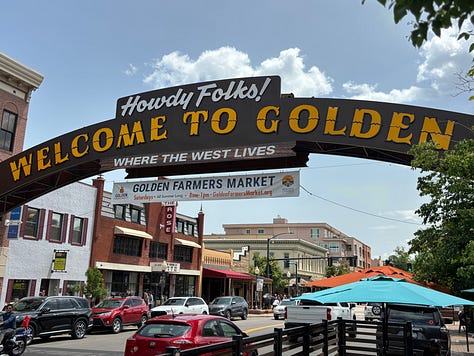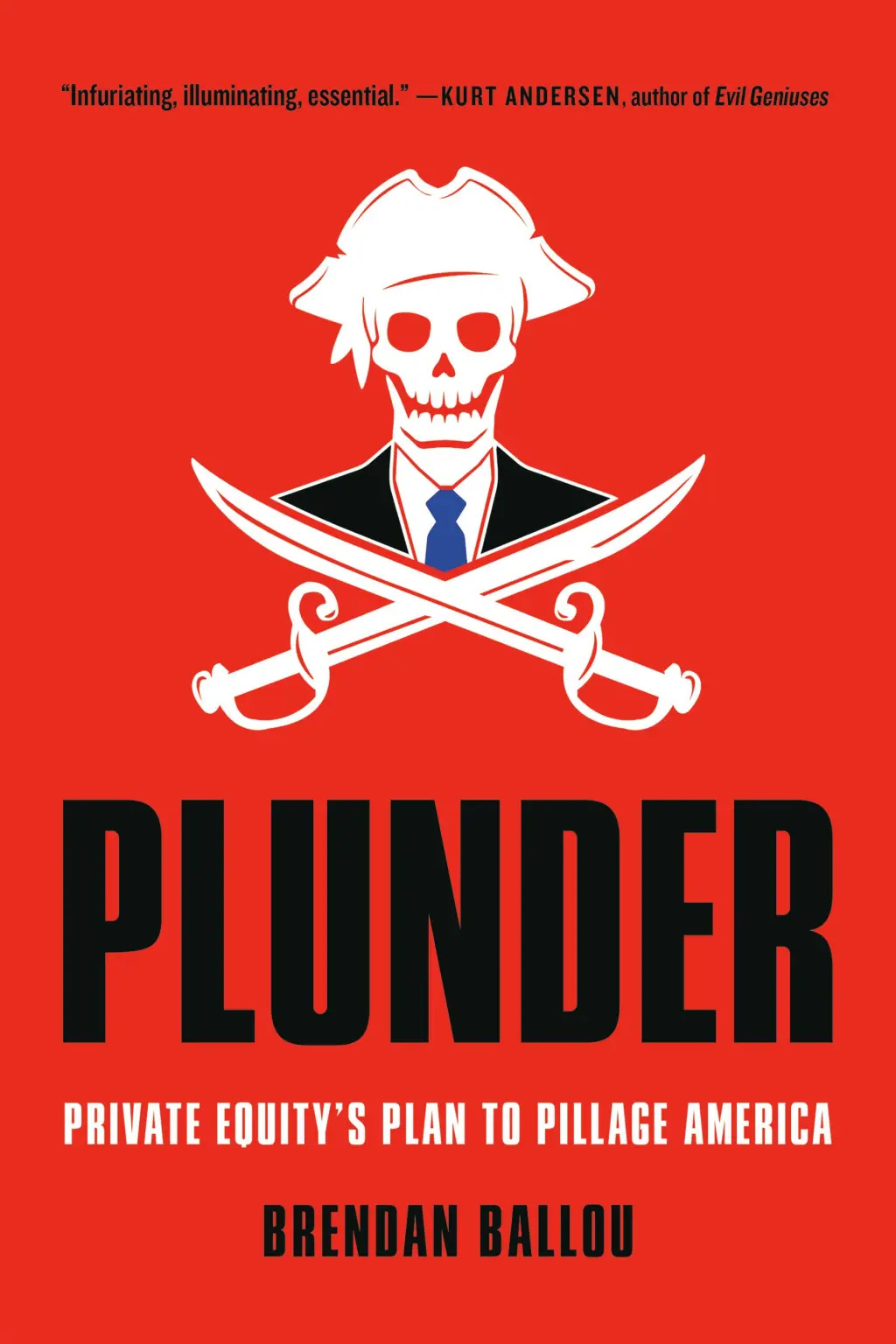Safe on paper, uneasy on the street
Closing the gap between falling crime rates and rising doubts in Dallas
What makes a city feel safe? It’s not just crime stats or clearance rates. It’s whether people feel comfortable walking to dinner, parking in unfamiliar neighborhoods, or letting their kids play outside. That gap—between numbers and lived experience—is where trust in public safety is either built or broken.
For Dallas’ new police chief, Daniel Comeaux, that gap may prove to be his biggest challenge.
From my latest Dallas Morning News column:
“Last spring, an outing with friends began in Deep Ellum. As we parked, one friend voiced a concern about not feeling safe. She’d heard enough about crime in the area to stay away after dark. Another friend, more familiar with the neighborhood, tried to calm her fears, saying that Dallas has pockets of crime, but it’s not widespread.
“She wasn’t convinced. I don’t come here at night, she said.
“Perceptions like these are exactly what new Dallas Police Chief Daniel Comeaux is up against. On paper, he’s inheriting a department with promising momentum. Violent crime is down 14% year-to-date, continuing a three-year trend. Through April, the city reported 409 fewer victims of violent crime compared to the same period in 2024, including 21 fewer murders and 224 fewer aggravated assaults, Comeaux reported to the City Council this month.
“But numbers alone won’t win the day. My friend still gets nervous visiting Deep Ellum.”
Colorado feels like home









Our post-graduation getaway couldn’t have been better, as we enjoyed great food, beer, scenery, and hiking. Felt great to be back in Breckenridge, for the first time in the summer months, in addition to taking in Frisco, Golden, Broomfied, Boulder, Denver, and a few stops in between.
What I’m reading
Plunder: Private Equity's Plan to Pillage America | Brendan Ballou
Plunder examines how private equity firms have reshaped, and often undermined, key sectors of the U.S. economy. Ballou, a federal prosecutor who served as Special Counsel for Private Equity in the Justice Department's Antitrust Division, traces the industry’s growth from a niche financial strategy to a dominant force in everything from healthcare to housing, showing how its focus on short-term profits can leave businesses weakened and communities worse off.
The book is structured around clear case studies, including the collapse of retail chains, the decline of nursing home care under PE ownership, and the financialization of housing. Ballou argues that legal and regulatory loopholes have allowed private equity to prioritize extraction over long-term stability, often at the expense of workers, consumers, and taxpayers.
Key takeaways
Accessible Analysis: Despite the complexity of private equity deals, Ballou explains the mechanics clearly, avoiding excessive jargon.
Evidence-Based Critique: The book relies on real-world examples rather than ideological arguments, showing how debt-driven buyouts can harm businesses and public trust.
Policy Reforms: Ballou outlines potential fixes, from closing tax loopholes to increasing transparency in corporate ownership.
In a nutshell
Plunder makes a convincing case that private equity’s current practices often hurt more than they help. It’s a useful primer for anyone interested in how financial engineering impacts everyday Americans—and what might be done to curb its excesses.




